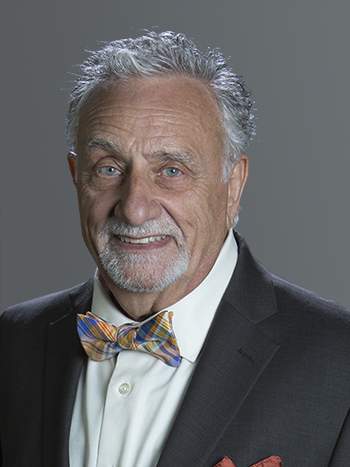Emerging Role of Remote Mental Health Technology
Recent restrictions placed by the COVID-19 pandemic have presented psychological services at New York Cancer and Blood Specialists (NYCBS) with a new psychotherapy treatment paradigm: Remote or "Telehealth" psychotherapy sessions. Because psychotherapy sessions do not require physical interventions, the shift to remote communication provided a means to continue treatment contacts without the risk of viral contagion. Both internet-audio/video and telephone communications were already available for medical follow-up but not previously used by psychology for treatment sessions.
Our experience after having completed several hundred remote visits has presented something of an unexpected treatment outreach and scientific advance in responding to the COVID-19 crises. While previous billing restrictions have contributed to the absence of remote sessions, the new means of approved communication has proven to be an effective alternative to office visits, thereby uncovering a novel approach to psychotherapy interfaced w modern technology. On the positive side, our patients, who are often in the older age range with compromised immune systems, have been afforded the same personal contact w the psychotherapist without the danger of infection and inconvenience and non-reimbursable expense of commuting to an office. Most all of our remote services have been highly regarded as helpful and effective in providing the same or greater frequency of psychotherapy for our unique population of chronically medically ill patients. Many have preferred the telephone connection to the internet (doxy. me) because seniors are often unfamiliar with or intimidated by high-tech computer usage. We have also been able to expand the reach of our limited resources for psychological office visits by extending services to all NYCBS offices regardless of geographic location. Data supporting this new patient contact paradigm show an approximate 30% increase in our referrals and services before and after the COVID-19 crises.
Issues of confidentiality and observance of non-verbal body language are considered caveats that have emerged as new challenges to all professional licensed psychologists facing this imposed but potentially improved approach to psychotherapy. Solutions are offered, such as suggesting patients use cell phones for greater privacy and that initial sessions be performed online w telephone follow-up. Another shift in considering the intimate and interactive nature of psychotherapy is the presence of the therapist's face on the internet video. Some psychologists label this phenomenon "counter-transference," and now have a new means of identifying and tracking their own personal non-verbal facial gestures and responses to patient-therapist interactions.
Professional psychologists in all settings (e.g., schools, mental health clinics, addiction services, et al.) have been responding to the newly imposed but surprisingly helpful paradigm of delivering psychotherapy with remote assists, and a new era of telehealth has emerged as a silver lining to the COVID-19 pandemic.


